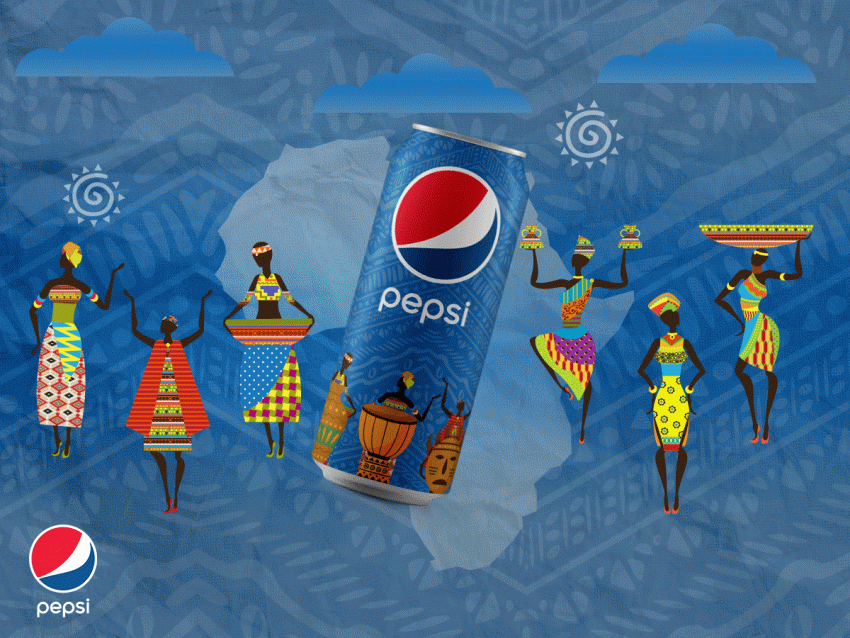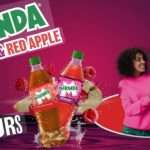When it comes to the cola wars, Coca Cola has long been the dominant player in Africa.
However, Pepsi is increasingly gaining ground and starting to outsell Coke across the continent.
There are a few key reasons for Pepsi’s growing success in Africa.
Price and Availability
First, Pepsi understands that African consumers care more about price and availability than subtle differences in taste. While Coke has traditionally targeted the middle and upper classes with higher prices, Pepsi focuses on affordability. Pepsi offers larger and cheaper bottle sizes that are within the budgets of low-income customers.
Efficient Distribution
Second, Pepsi utilizes a different distribution strategy that gets their products to more consumers. Rather than relying solely on formal distribution channels and major retailers, Pepsi utilizes small shops, kiosks, and street vendors across Africa. By partnering with these ubiquitous small businesses, Pepsi ensures wide distribution even in remote areas and informal settlements.
Coke, meanwhile, still focuses its distribution primarily through major supermarkets and retailers. This means that large swaths of the African population have less access to Coke products. While Coke’s distribution strategy may have worked years ago, it is not adapted to the current reality in Africa where the informal sector dominates retail.
Pepsi’s vendor strategy mirrors that used by companies like Transsion – the maker of Tecno and Itel mobile phones which now dominates the African market. By understanding the importance of the informal sector and using innovative distribution channels, companies like Pepsi and Transsion are able to reach consumers that Coke overlooks.
Aggressive Marketing
A third factor is the aggressive marketing strategy employed by Pepsi. They have targeted younger, “aspirational” consumers with promotions, endorsements with celebrities and musicians popular in Africa, and social media campaigns. Pepsi understands that many African youth see their products as more modern and global compared to Coke.
While Coke has also upped its marketing spending in Africa, Pepsi’s hyper-local and youth-focused strategy seems to be resonating more.
As a result of these factors, Pepsi is gaining market share rapidly across the continent. In countries like Zimbabwe, Nigeria and South Africa, Pepsi is now either equal to or actually outselling Coke. And the trend seems to be continuing as Pepsi executes its strategy of prioritizing availability, affordability, and appealing to Africa’s booming youth population.
Read more:
- Best Before Opens New Centurion Store, Challenging Pick n Pay and Checkers with Low Prices

- Local Shops Outpaced Supermarkets as Consumers Flocked to Spazas and Taverns

- Mirinda Welcomes Red Apple and Raspberry to the Family

- Kroger to close dozens of unprofitable stores in strategic restructuring

- Vendors defy ban on second-hand goods as government pushes formalization







1 thought on “The Pepsi winning strategy in Africa”